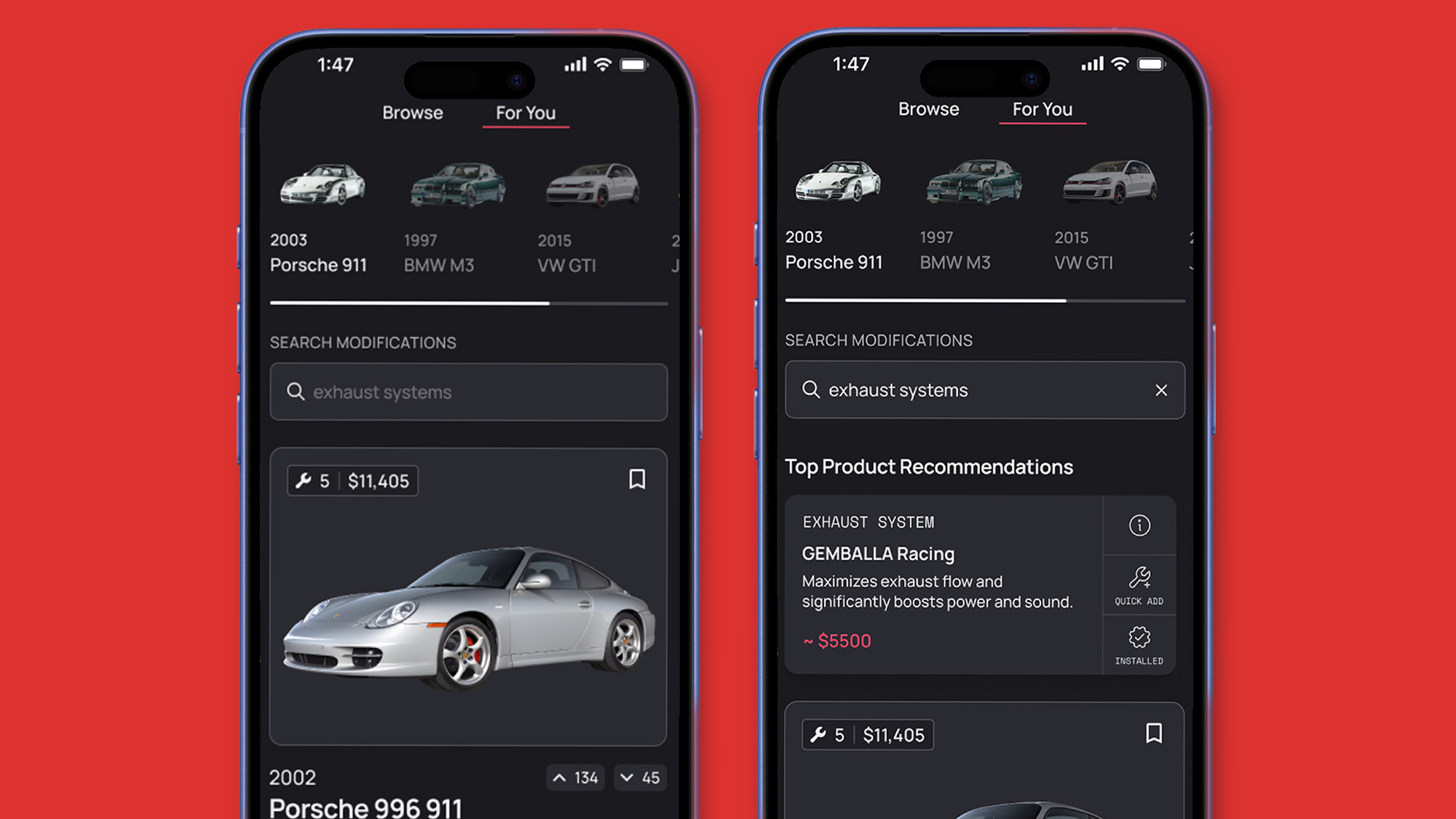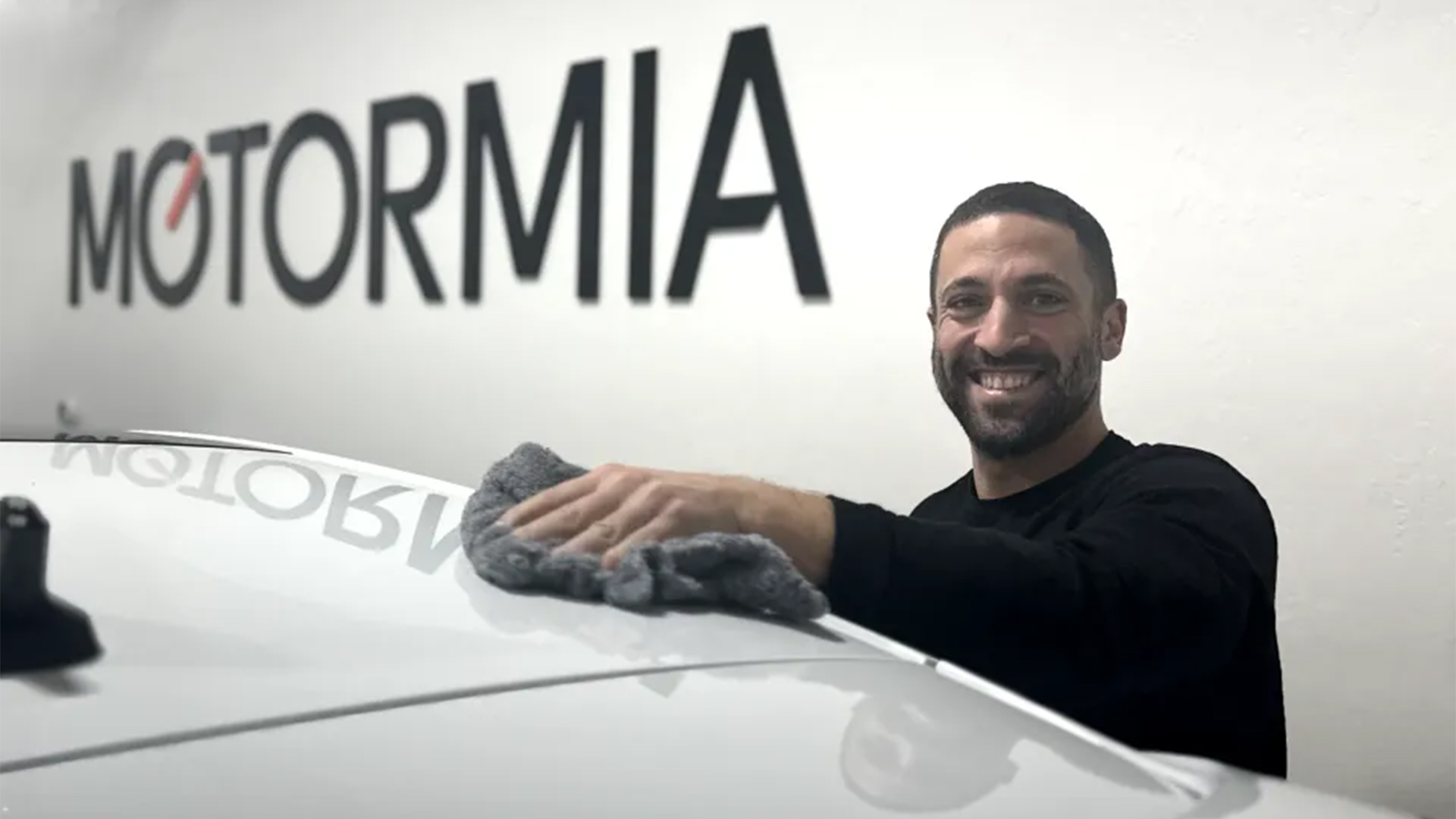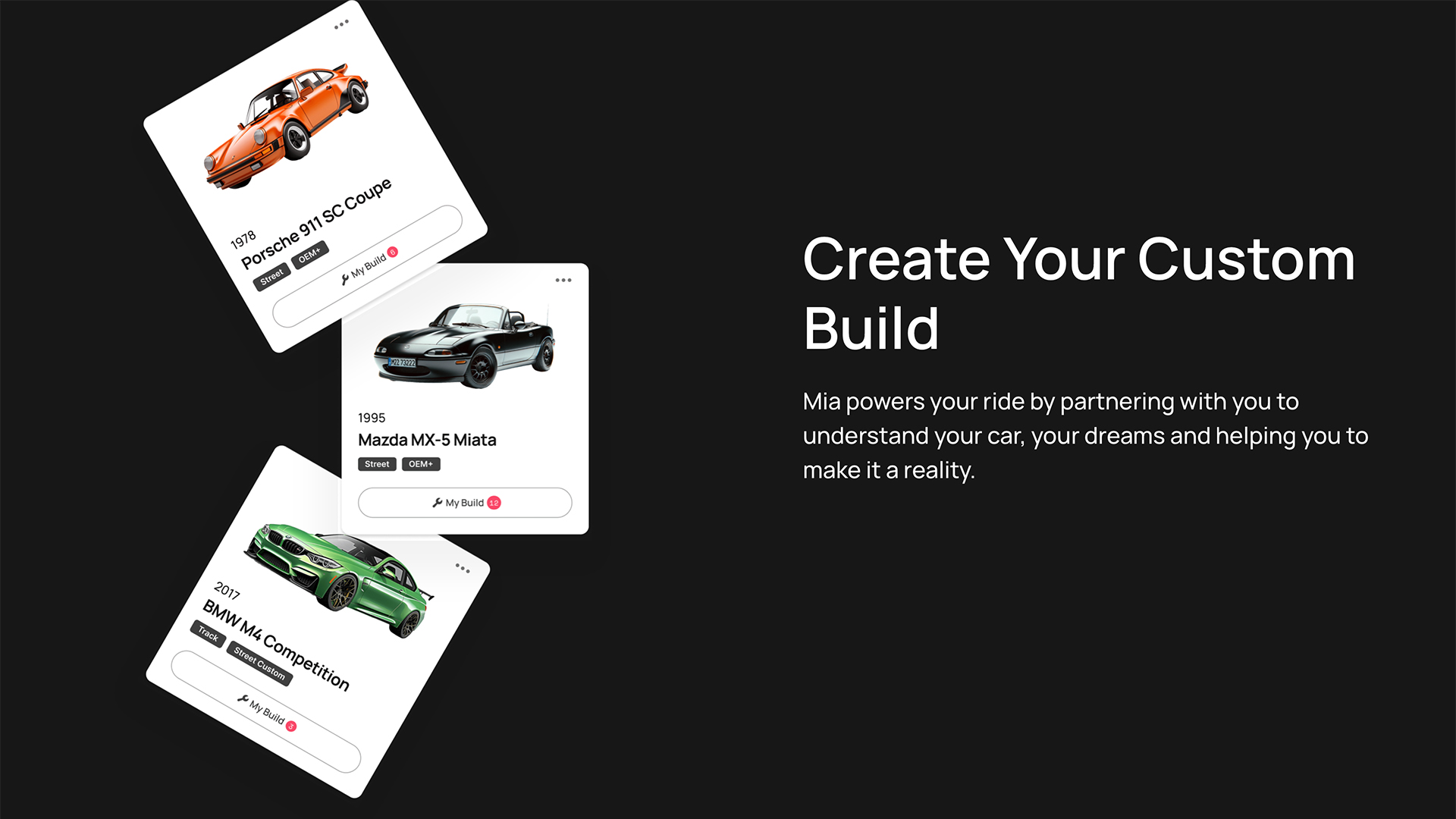
Car enthusiasts are a funny bunch, often found congregating in various corners of the internet, discussing ways to modify, upgrade and overhaul all shapes and sizes of vehicles.
What was once the reserve of older chaps in dank sheds and garages has since struck a chord with a younger audience, with Heritage Car Insurance in the UK revealing that there had been a 16% increase in the number of 25-to-39 year olds insuring classic cars.
In the US, Hagerty Insurance has noted that vehicles made from 1980s onwards (often deemed modern classics) are experiencing a meteoric rise in popularity among young buyers, with dedicated car shows like Radwood celebrating everything from day-glo fashion to pop-up headlights on old Japanese Domestic Market (JDM) classics.
“Our research has found that Gen-Z and millennials make up around half the used car market for those collectible and easily modified cars of the 1980s and 1990s. Mazda Miatas, Honda Civics and German classics from that era are proving more and more popular,” explains Isaac Buahnik, CEO and founder of AI-powered car tuning app MotorMia.
Named after Buahnik’s daughter, who showed an early interest in automotive tinkering thanks to her dad’s passion for cars, Mia is an “AI-powered tuning partner, mod finder, build planner and performance analyst” that can be harnessed to speed up the process of planning and modifying pretty much any car you can think of.
The process is pretty simple; you either download the smartphone app or use a web browser to set-up an account. It’s free and it will only ask you for minimal personal details.
Pimp my ride

Mia works with both motorcycles and cars, but is predominantly aimed at four-wheeled enthusiasts at this stage. As for the process, you either punch in your Vehicle Identification Number (VIN) or hunt for your car via the extensive pre-populated list.
The AI bot will then ask a few questions about the car, your knowledge and your future plans for the build, whether the vehicle has any existing modifications and the type of work you want to do on it. Oh, and it will ask if you've got much experience with a wrench or if you simply want to pay someone to do it all.
Once the build or project is set-up, clicking ‘Ask Mia’ essentially kick-starts the AI chatbot process, which can answer questions about braking, cooling, handling, transmission, sound and weight reduction upgrades. There’s also an extensive conversation to be had about changing the visual appearance of your ride.
“AI chatbots serve lots of purposes, but many users aren’t trained in promoting or how to make the most of them, so our job was to simplify the prompting experience,” Buahnik explains. “The second job was to make sure Mia thinks like an enthusiast,” he adds.
So when asking Mia to suggest new rims for my W204 Mercedes-Benz C63 AMG Estate (the one with the proper 6.3-liter V8), the chatbot won’t simply scour websites and parts catalogues that supply the correct fitment wheels, but will also dive into a deep back catalogue of forums, YouTube videos, Facebook groups and other online locations where AMG enthusiasts typically hang out.
Buahnik says that the AI and Large Language Models used, which include OpenAI and Multimodal, were trained using numerous real-life enthusiast builds that exist on the web (plundering YouTube, websites and forums), meaning MotorMia users gets a curated collection of suggestions that have already been installed on real-life vehicles and are out there cruising real-world roads.
This, Buahnik claims, gives users more targeted recommendations for parts and upgrades that actually work on their vehicle, rather than an exhaustive list of suggestions that a simple Google search would throw up. In theory, it takes out a lot of the guesswork.
“That’s the part of the LLM that we developed. It’s the element that ensures Mia always thinks like a car enthusiast and employs the more complex search prompts that can save users hours and hours of research,” he says.
Picture the future

Although MotorMia is still in its infancy, it has already amassed over 500,000 users, all of whom have signed up and started uploading details and imagery of their own personal projects.
AI imagery is also a big part of the website, with generative AI used to ‘mock-up’ stylistic changes that owners are looking to make to their rides. For example, the technology will first suggest some popular alloy wheel upgrades and then deliver an AI image of what that specific model of car will look like sporting them. It's not perfect, but it gives a good indication.
To make the buying process easier, MotorMia provides three links to online retailers that sell the item and also links to locations that will help you fit them, with an ‘install difficulty’ rating offered for any upgrade suggestions.
Thankfully, users can also set a budget for their dream builds, so Mia will suggest items that match what the bank balance will allow for.
Far from just a styling exercise, Mia will also help with more complex engine, transmission and cooling upgrades, calculating any potential power and torque increases, as well as adjusting the 0-60mph acceleration time, overall weight and power-to-weight ratio over and above the statistics listed by the manufacturer.
The next step, Buahnik claims, will be to allow generative AI to make external stylistic changes to a user’s actual vehicle, pulling in any uploaded media and making the appropriate tweaks, like a real-world “Gran Turismo configurator,” as he puts it.
Power to the people

That car-crazy CEO, who has previous experience at the likes of Wix, Rossum, Yotpo and several other successful start-ups, claims that the aftermarket car parts, tuning and specialist insurance industry is worth over $60 billion, with MotorMia capable of tapping in to all manner of potential revenue streams.
But for now, MotorMia is keen to grow its audience, which will only make its chatbot more knowledgeable, and refine the user experience.
Some of the AI imagery, for example, is a little off and the websites that Mia suggests for specialist parts can be quite hit-and-miss. The web browser experience also hasn't been formatted to make the most of larger desktop displays.
What’s more, MotorMia is very much a North American product and as a result, the catalogue of vehicles it deals with tends to be those models that are or have been available in the US. The same goes for the parts and tuners it will suggest.
That’s not to say it will always be the case, as Buahnik claims that some upcoming updates will widen Mia’s appeal to more markets, while the list of vehicles the site supports is always growing. And yes, it even plays nicely with electric vehicles.
“Most of the upgrades Mia will suggest for a Tesla will be stylistic, for obvious reasons, but we like to leave EVs in there, because the tech is always learning and we like see the kind of suggestion the chatbot is throwing up. As EV popularity grows and the tuning scene expands, Mia will only become more useful,” he says.
Although, ironically, many industry insiders feel that the onslaught of homogenous electric vehicles is helping to fuel demand for modern classics among young motorists.
"Millennials, Gen-z and Gen Alpha have all grown up with technology that makes DIY mechanics and engineering much easier. You only have to browse YouTube to see a whole host of amazing builds relatively untrained individuals are undertaking," Buahnik says.
MotorMia is another digital tool in the belt of next generation of amateur car builders and enthusiasts. Those we entrust to keep some of our favorite cars of yesteryear on the roads so we can all enjoy a break from white Teslas.
You might also like
- Android Automotive is my favorite car infotainment system – and it's finally going to get a lot more apps soon
- Nissan electrifies its iconic R32 Skyline to preserve its charm – and show that nothing thrills like a classic
- The next big EV trend could be these special-edition E Ink dashboards – and I'm all for it







